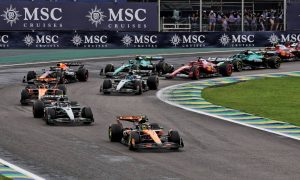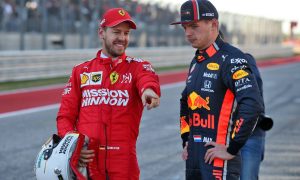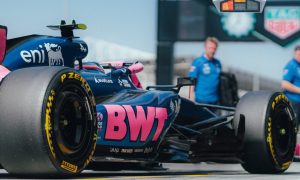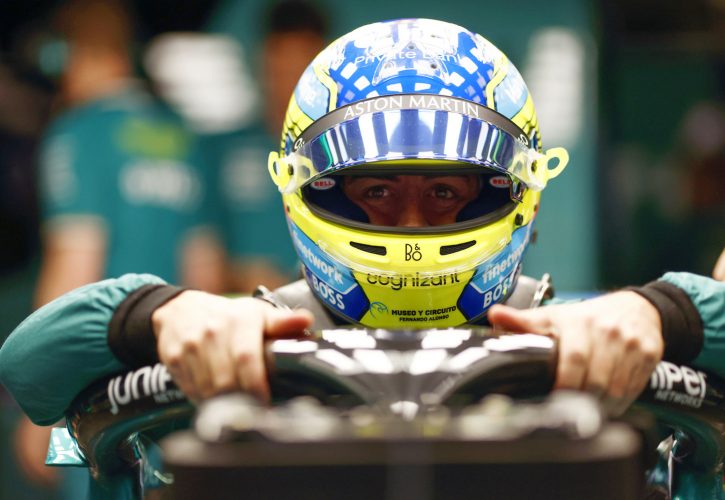
Fernando Alonso says he’s perceived a shift in F1’s character since his early years in the sport, suggesting the latter has become “easier” for the current generation of young drivers.
At 42, Alonso is in the midst of his 21st season of Formula 1, earning his wings as a Grand Prix driver as far back as 2001 when he graduated to motorsport’s elite with Minardi.
Over two decades later, the two-time world champion is well placed to offer a unique perspective on the sport’s evolution.
There’s no doubt in the F1 veteran’s mind that advancements in car technology have removed some of the inherent challenges once faced by young drivers, which demanded a level of skill and daring that bordered on the “heroic” as Alonso remembers
“It is, in a good way, easier for the drivers of this generation to drive Formula 1 cars," the Aston Martin driver told The Times.
"Whereas before it was more heroic. It’s a strange feeling, not a sad one, but I remember when I made my debut and I came to an event, I saw this respect towards me and I was one of those heroes that drove these super-fast cars.
"Now when there is a young driver that makes their debut at 16 or 17 years old, it seems that it is easier for everyone. We lost a little bit of that heroic thing we had before.”
Modern Formula 1 has always been data-driven, but over the years the exponential growth in data accessibility has transformed how teams and drivers approach racing.
Gone are the days when drivers relied solely on instinct and feel. Today's F1 world thrives on information, with teams meticulously dissecting every scrap of data to optimize every aspect of car performance and race strategy.
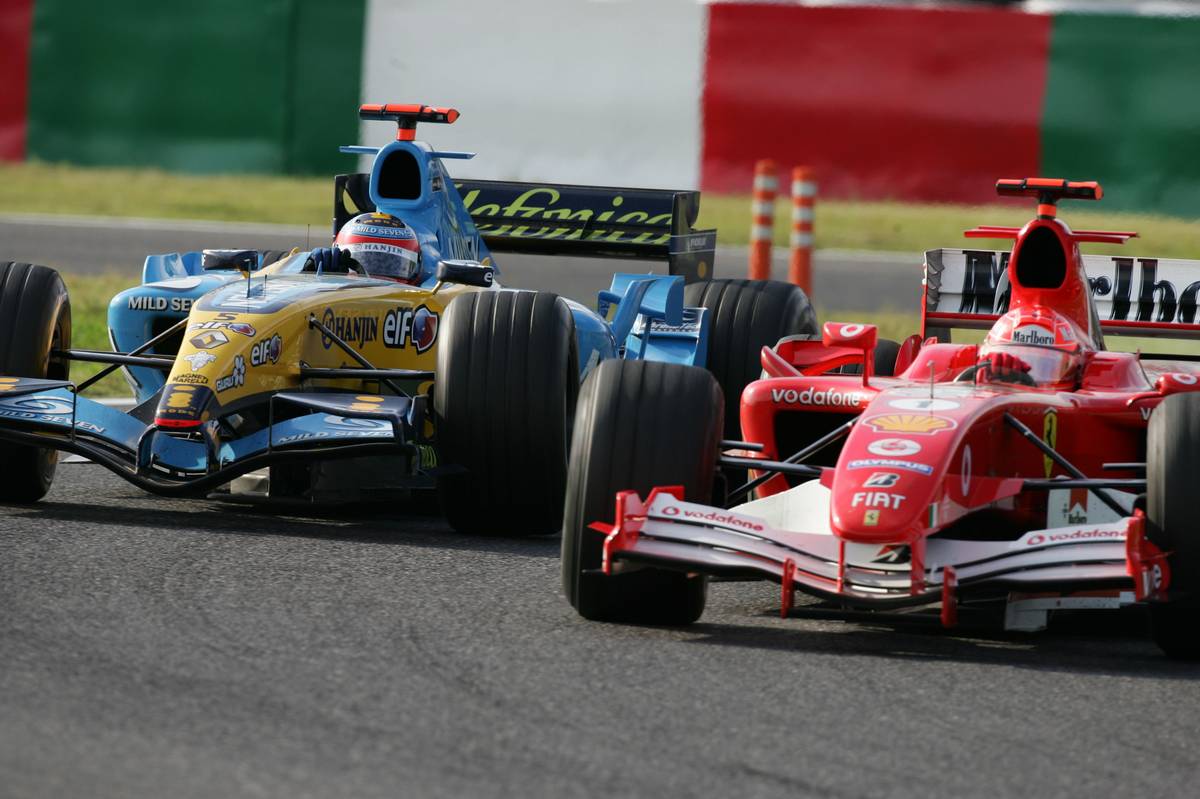
Renault's Fernando Alonso battling with Ferrari's Michael Schumacher in the 2005 Japanese GP.
This data-driven approach ensures that split-second decisions are grounded in meticulous analysis, not just fleeting intuition. It also rationalizes an F1 driver’s job in terms of performance targets.
“I remember when I got to Formula 1 20 years ago, the engineer was not able to explain anything to me about the car,” Alonso noted. “Drivers should be able to know how to drive the car."
The 32-time Grand Prix winner also remarked how the prominence of F1’s data-driven environment has impacted race preparation.
Today, simulators and data analysis provide a wealth of information about a track, allowing drivers
to virtually complete hundreds of laps before even setting foot on the real track.
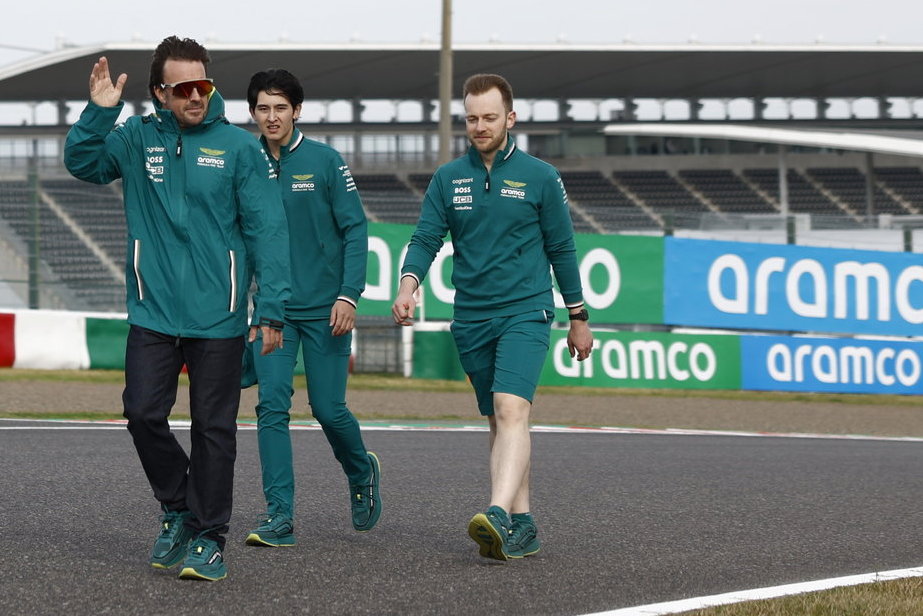
©AstonMartin
“We didn’t have simulators, so every track I went to, I had to learn it the day before by walking," Alonso explained.
"Now, drivers are very well prepared, they have 200-300 laps on a circuit that they will race, so they know perfectly every bump, every corner, every kerb.
"The teams are now much more sophisticated so they can tell the driver how to brake in that corner, how to warm up the tyres, how to prepare for qualifying, how to drive in the race."
Keep up to date with all the F1 news via Facebook and Twitter




